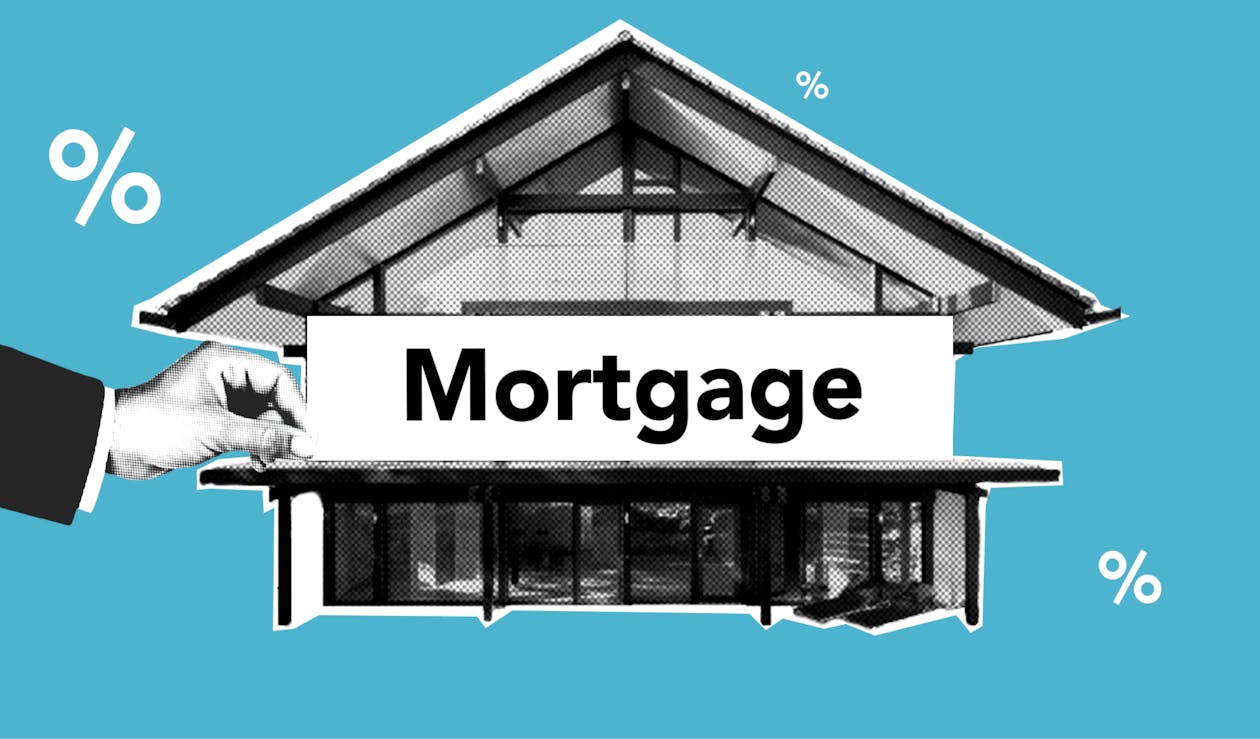In the realm of personal finance, few milestones carry as much weight and significance as buying a home. Whether you’re a first-time buyer or a seasoned homeowner looking to upgrade, securing a mortgage is often the gateway to fulfilling your dreams of homeownership. However, before you embark on this journey, there’s a crucial factor that can make or break your ability to secure favorable terms: your credit score.
Your credit score serves as a snapshot of your financial health, influencing the interest rates you’re offered, the loan amounts you qualify for, and even your chances of approval. For aspiring homeowners, maximizing your credit score before applying for a mortgage can save you thousands of dollars over the life of your loan and pave the way for a smoother, more affordable home buying experience. Here are ten expert tips to help you boost your credit score and position yourself for mortgage success:
- Know Where You Stand: The first step towards improving your credit score is understanding where you currently stand. Obtain copies of your credit reports from all three major credit bureaus – Equifax, Experian, and TransUnion – and review them carefully for any errors or inaccuracies. Dispute any discrepancies promptly to ensure your credit report reflects accurate information.
- Pay Bills on Time: Consistent, on-time payment history is one of the most significant factors influencing your credit score. Set up automatic payments or reminders for your bills to avoid late payments, which can have a detrimental impact on your credit score. Even a single late payment can linger on your credit report for years, so prioritize timely payments to demonstrate your reliability to lenders.
- Reduce Credit Card Balances: High credit card balances relative to your credit limits can harm your credit score, even if you make your payments on time. Aim to keep your credit utilization ratio – the amount of credit you’re using compared to your total available credit – below 30%. Pay down existing balances and avoid maxing out your credit cards to improve this crucial aspect of your credit profile.
- Avoid Opening New Accounts: While it may be tempting to open new credit accounts to increase your available credit, doing so can actually lower your credit score, especially in the short term. Each new credit inquiry generates a “hard inquiry” on your credit report, which can slightly reduce your score. Additionally, opening multiple new accounts within a short period can signal financial instability to lenders.
- Diversify Your Credit Mix: Lenders like to see a diverse mix of credit accounts on your credit report, including credit cards, installment loans, and mortgage loans. If you don’t already have a variety of credit types, consider diversifying your credit mix responsibly. However, avoid opening new accounts solely for this purpose, and prioritize managing your existing credit accounts effectively.
- Keep Old Accounts Open: The length of your credit history plays a significant role in determining your credit score. Closing old accounts can shorten your average account age and potentially lower your score. Instead of closing unused credit cards or accounts, consider keeping them open to maintain a longer credit history, as long as there are no annual fees or other drawbacks.
- Correct Errors Promptly: Mistakes on your credit report can unfairly drag down your credit score. If you discover any inaccuracies or fraudulent activity, take immediate action to dispute and correct them. Contact the credit bureaus and provide documentation to support your claims, and monitor your credit reports regularly to ensure that any errors are resolved promptly.
- Limit Credit Inquiries: Every time you apply for new credit, whether it’s a credit card, auto loan, or mortgage, the lender typically pulls your credit report, resulting in a hard inquiry. While some inquiries are inevitable when shopping for a mortgage, try to limit the number of inquiries within a short period. Multiple inquiries within a short timeframe can raise red flags for lenders and lower your credit score.
- Become an Authorized User: If you have a trusted friend or family member with a strong credit history, consider asking them to add you as an authorized user on one of their credit accounts. As an authorized user, you can benefit from their positive payment history and utilization rate, potentially boosting your own credit score. However, make sure the primary account holder maintains responsible credit habits to avoid any negative consequences.
- Monitor Your Progress: Improving your credit score is a gradual process that requires patience and diligence. Regularly monitor your credit score and credit reports to track your progress and identify areas for improvement. Many financial institutions and credit card issuers offer free credit monitoring services, making it easier than ever to stay informed about changes to your credit profile.
In conclusion, preparing your credit score for a mortgage application requires strategic planning and disciplined financial habits. By implementing these ten tips, you can take control of your credit health and position yourself for mortgage success. Remember that improving your credit score is not an overnight process, but the long-term benefits of securing a favorable mortgage rate and terms make the effort well worth it. With dedication and perseverance, you can master your mortgage journey and achieve your homeownership goals.
()